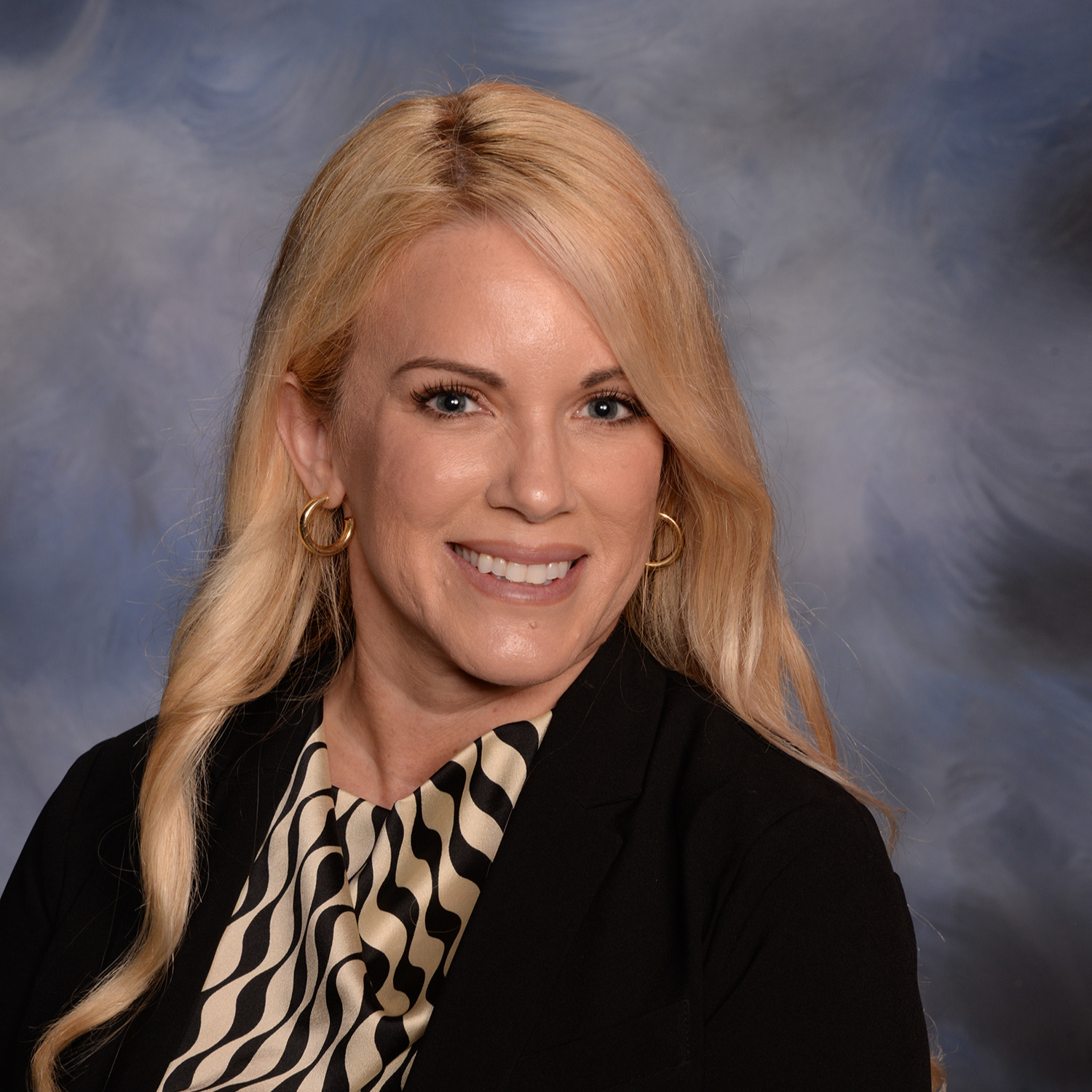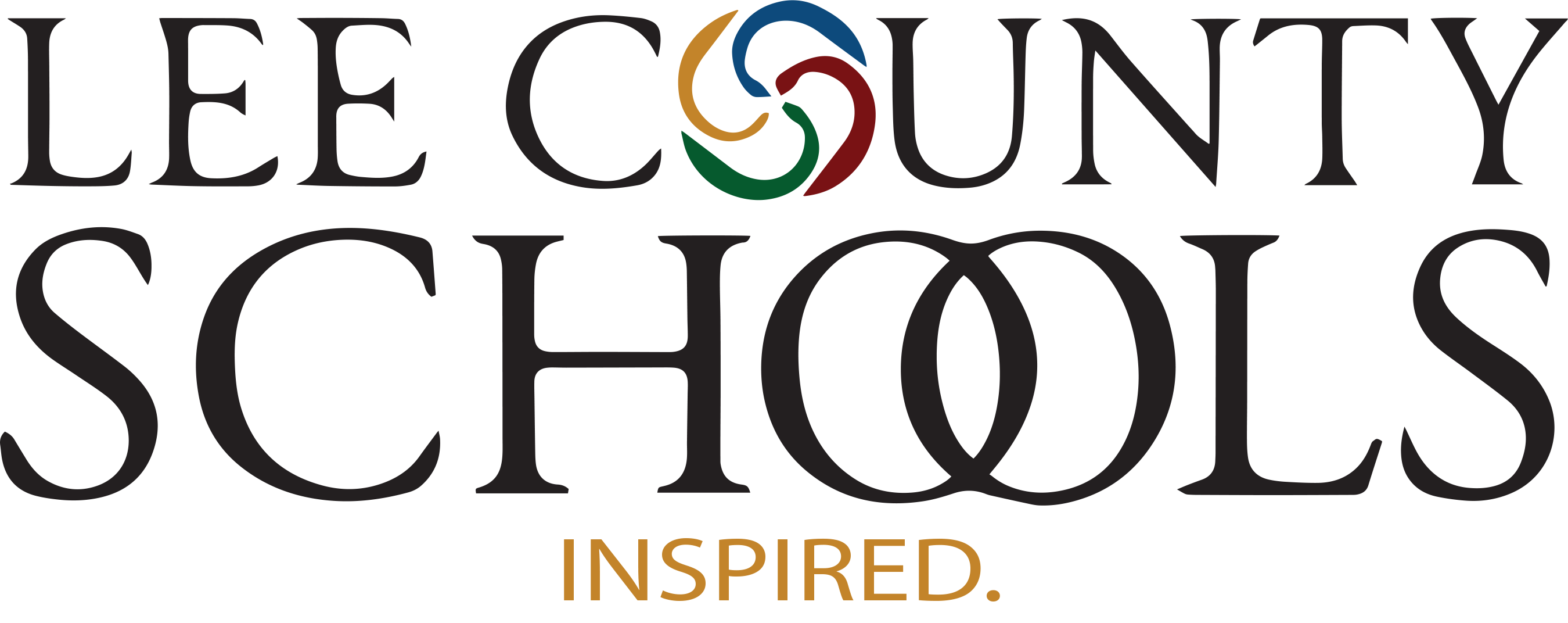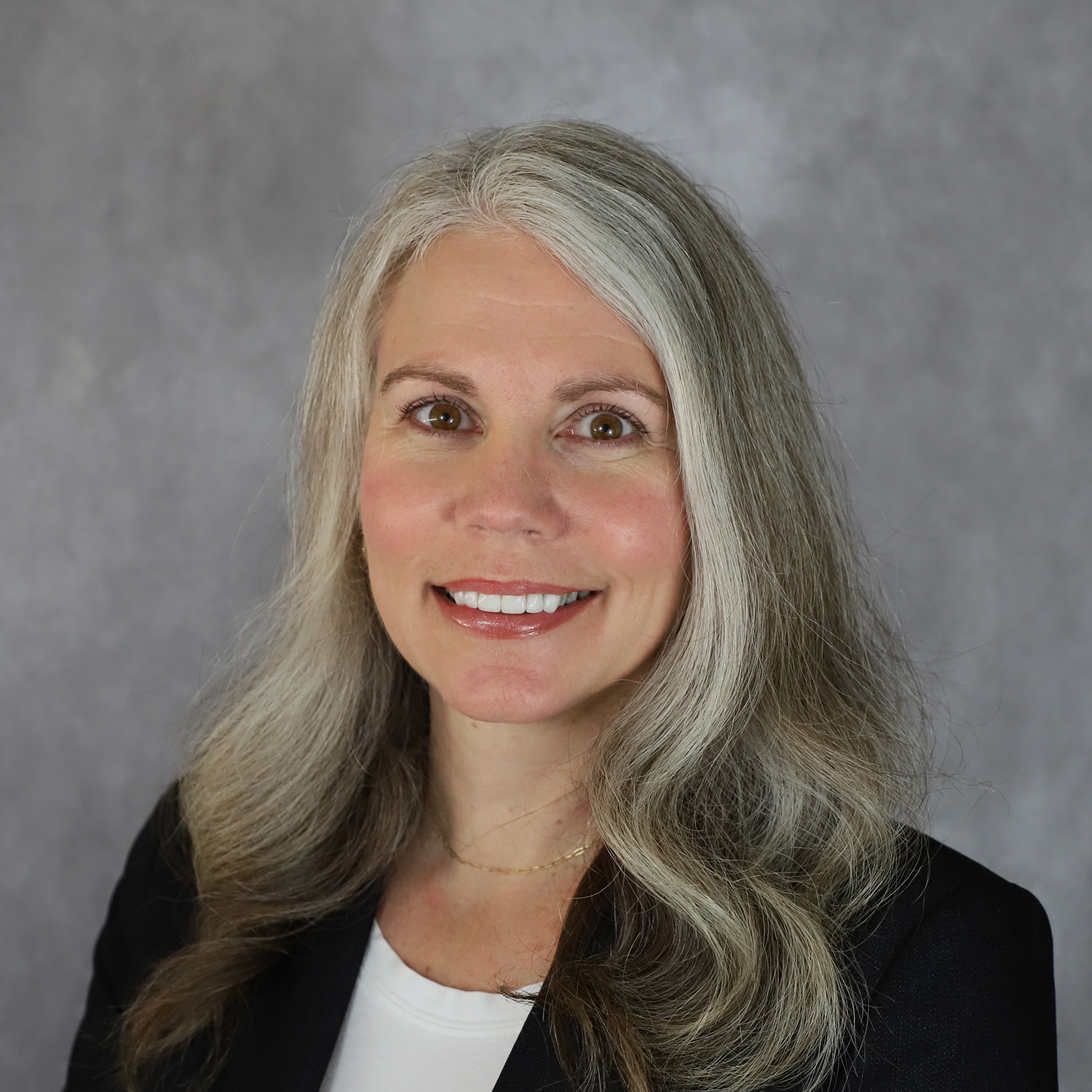Executive Director for Student Services
P: (919) 774-6226 x 7215
If you are new to Lee County Schools and have questions about special education, please visit NC DPI's Parent Resource Page or contact Lindsay Earl via email.
In order to make your student's transition into Lee County Schools go smoothly, it is very important to provide your students' new school copies of the following information during registration:
Most recent psychoeducational report, eligibility, evaluation and/or reevaluation report
Current individualized education program (IEP)
Contact information for your student's previous school and school district.
These items will support a successful transition between your student's old and new school and will ensure that appropriate services and supports are made available.
Exceptional children who enroll in Lee County Schools must enroll in the school in their attendance zone. If a parent would like to request a transfer to a different school outside of their attendance zone, please visit this link to find more information about how to do so. Student Transfer Requests
Once you have shared your student's special education records, school staff will invite you to a meeting to discuss comparable services, or services similar to or the same as, provided on your student's most recent IEP. During the meeting,school staff will also describe the initial eligibility process that occurs when students move from out of state and the timeline in which an initial North Carolina (NC) IEP will be developed.
School staff will begin implementing your student's current NC on their first day of school. An invitation to review and revise your student's IEP may be scheduled. The purpose of the meeting will be to discuss your student's transition to a new school and to determine if any adjustments to the services and supports currently being provided are needed.
NCDPI MTSS Website | LCS MTSS Website
What is NC MTSS?
Family engagement within an MTSS is defined as the active and meaningful partnerships that educators build and maintain with students' families for the purpose of supporting student learning. It embodies the idea that all parties are equally invested in the student's educational experience and all parties are equally invested in the student's educational experience and all parties bring knowledge and skills of equal value to the table to work together.
What is "support"?
NC schools that are implementing an MTSS may talk about support for the students. To further define that support, NC organizes these supports around the instruction, the curriculum, and the environment.
The Occupational Course of Study is focused on building skills necessary for students to enter the world of work upon graduation. A standards-based curriculum with a vocational focus is used which includes academics and work experiences. Integration into the work community is an essential part of the Occupational Course of Study. Eligible students participate in job training and competitive work experiences.



